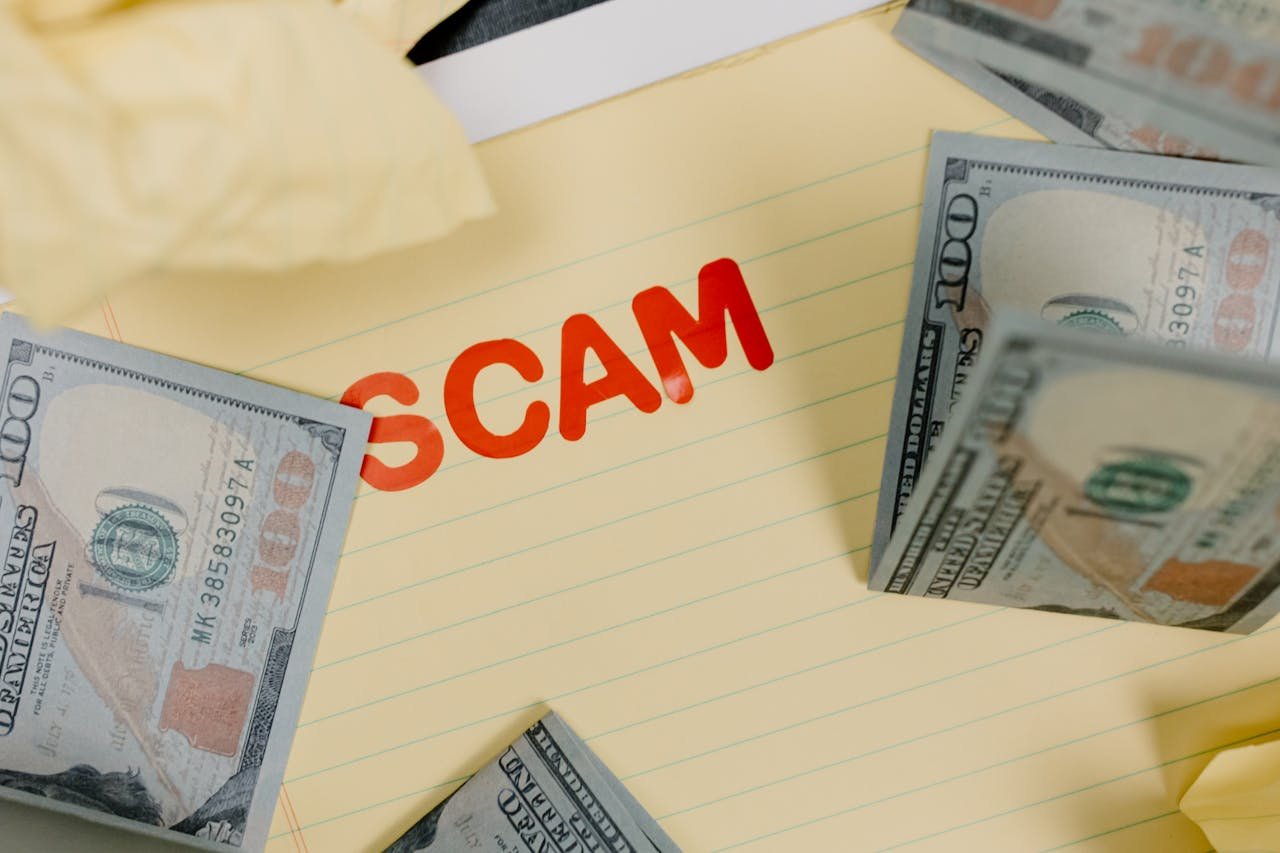Falling victim to a scam broker can be devastating, but it’s important to know that you have legal options to fight back. While the process can be challenging, especially when dealing with offshore entities, understanding your legal rights and the steps you can take can significantly improve your chances of recovering your funds. In this blog, we’ll explore how you can use legal recourse to take action against scam brokers.
1. Document Everything
The first and most critical step in any legal action is to gather and document all evidence related to the scam. This includes:
- Communication Records: Keep all emails, messages, and phone call records with the broker. These can serve as evidence of promises made, advice given, and any fraudulent claims.
- Transaction Records: Save copies of all transactions, including deposit receipts, withdrawal attempts, and bank statements. This helps to trace where your money went.
- Screenshots: Capture screenshots of the broker’s website, trading platform, and any other relevant online interactions. Websites may change or disappear, so it’s essential to have visual proof of the scam.
- Contracts and Agreements: If you signed any agreements or received terms and conditions from the broker, these documents can be crucial in a legal case.
2. Report the Scam to Authorities
Once you have gathered all the necessary documentation, the next step is to report the scam to the relevant authorities. Reporting the scam can help in several ways, including preventing the broker from scamming others and providing you with official records that can be used in legal proceedings.
- Regulatory Authorities: Report the scam to the financial regulatory body in the broker’s country of registration. If the broker is unregulated, you can report them to international organizations like the Financial Conduct Authority (FCA) in the UK or the Securities and Exchange Commission (SEC) in the US.
- Local Law Enforcement: File a complaint with your local police department or cybercrime unit. They can provide a case number and may be able to take action, especially if the scam has affected multiple victims in your area.
- Consumer Protection Agencies: Agencies like the Federal Trade Commission (FTC) in the US or the European Consumer Centre can offer advice and potentially assist in recovery efforts.
3. Consider Legal Action
If the regulatory and reporting avenues do not lead to a resolution, you may need to pursue legal action against the scam broker. This can be a complex process, especially if the broker is based offshore, but there are several options available:
- Civil Lawsuits: You can file a civil lawsuit against the broker, seeking compensation for the damages you’ve suffered. Depending on the jurisdiction, you may be able to sue the broker in your home country or in the country where the broker is registered. Working with an attorney who specializes in financial fraud and international law can increase your chances of success.
- Class Action Lawsuits: If multiple victims have been scammed by the same broker, you might be able to join a class action lawsuit. This is when a group of people collectively sue the scam broker, which can increase the pressure on the broker and reduce legal costs for each participant.
- Mareva Injunctions: If you believe the broker still holds your funds, you may seek a Mareva injunction (also known as a freezing order) to prevent them from moving or dissipating assets. This is a powerful tool, particularly in cases where there is evidence the broker is about to transfer or hide your money.
4. Utilize Chargebacks and Fund Recovery Services
If you made your deposit via credit card or bank transfer, you might be able to recover your funds through a chargeback. A chargeback is when your bank or credit card company reverses a transaction, effectively returning your money.
- Credit Card Chargebacks: Contact your credit card company and explain that you were a victim of fraud. They may initiate a chargeback process, especially if you can provide evidence that the broker is fraudulent. Most credit card companies offer some level of protection against fraud, but there are time limits for initiating a chargeback, so act quickly.
- Bank Wire Recalls: If you sent money via bank wire, you can contact your bank to request a wire recall. This process can be more complicated than a credit card chargeback, but it’s still possible, particularly if you act fast.
- Fund Recovery Services: There are professional fund recovery services that specialize in helping victims of forex scams. While these services come with fees, they may be worth considering if you have exhausted other options.
5. Engage with Advocacy and Media
Public exposure can be a powerful tool in fighting back against scam brokers. Many scam brokers rely on secrecy and lack of public scrutiny to continue their operations. By bringing your case to the attention of advocacy groups and the media, you can increase the pressure on the broker and potentially reach a settlement.
- Forex and Trading Forums: Share your experience on forex trading forums and websites that expose scam brokers. This can help warn others and may attract attention from law enforcement or regulatory bodies.
- Media Outlets: Contact financial news outlets and journalists who cover scams and financial fraud. A well-publicized case can lead to wider investigations and increase the chances of recovering your funds.
